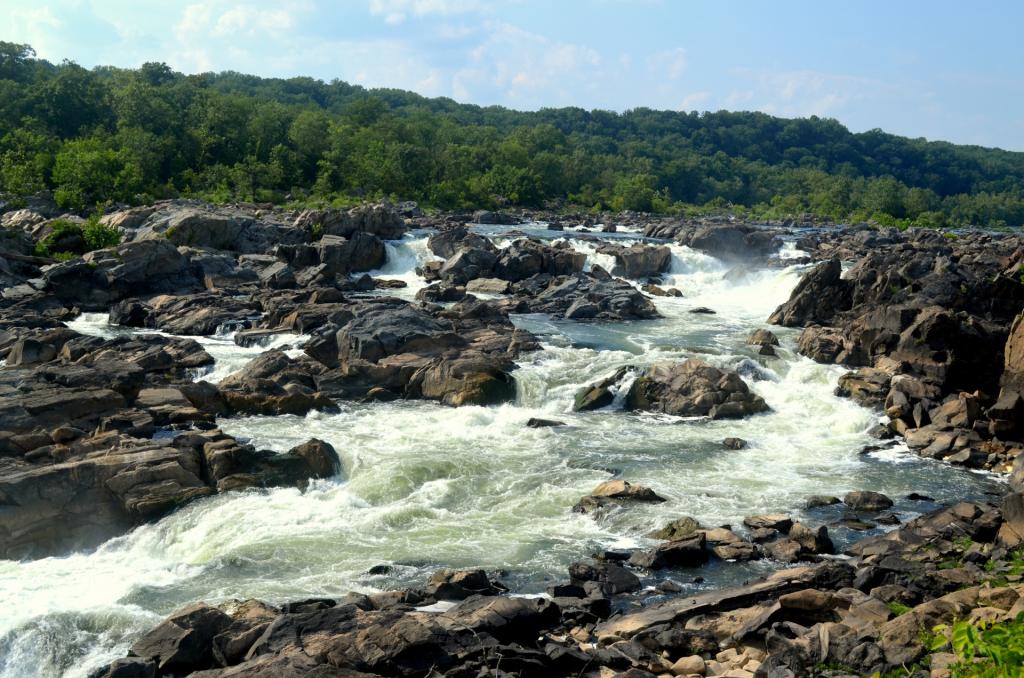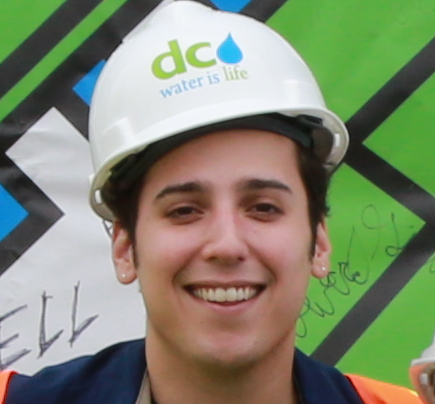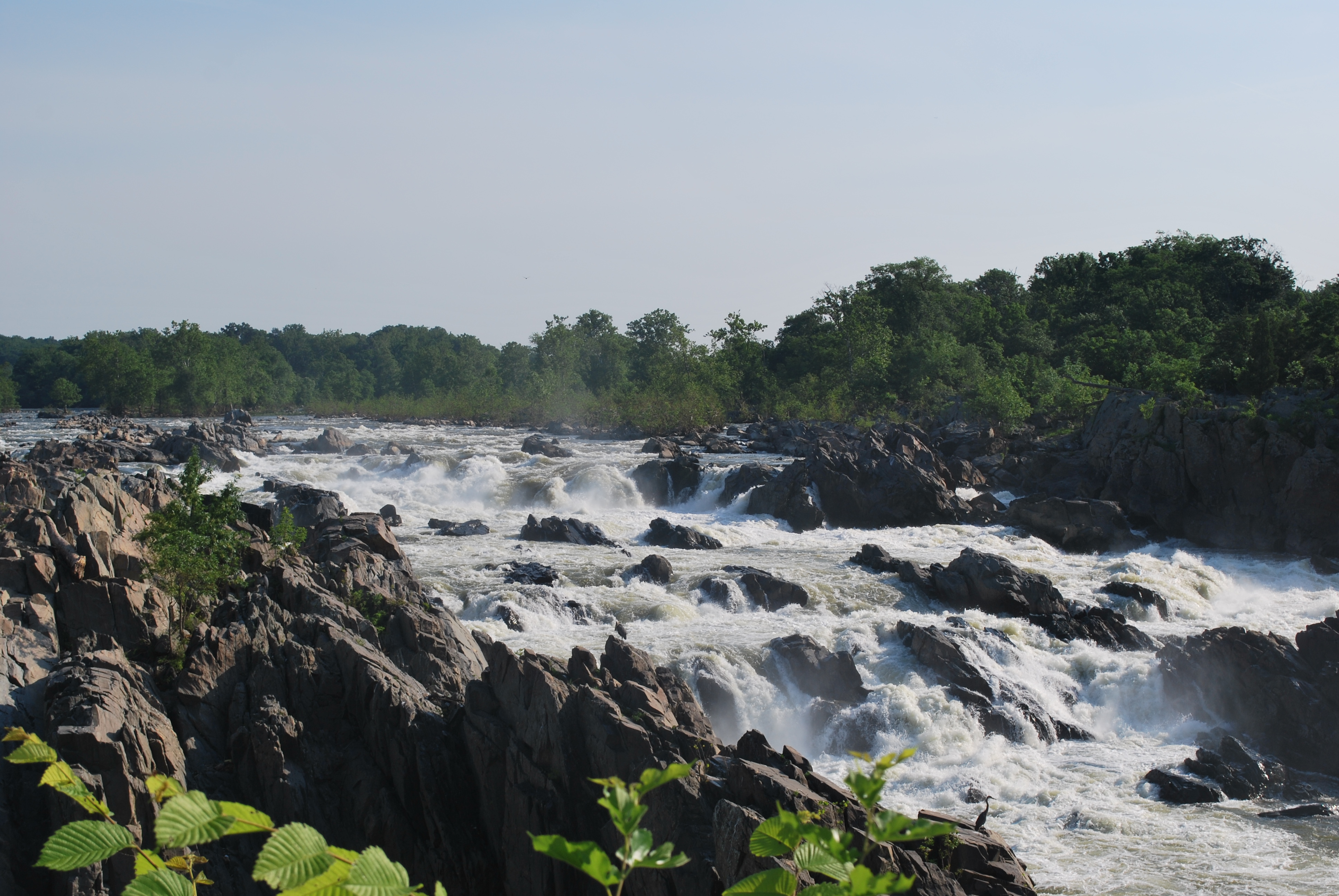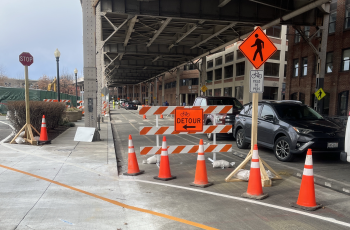Protecting the Potomac


The theme of this year’s national Drinking Water Week is “Protect the Source,” which has sparked a dialogue about the importance of protecting our source water systems, and in turn, protecting public health. Recently, when asked to identify the source of our drinking water, a bright first grader enthusiastically responded “the sink!”

While she was technically correct, the term “source water” refers to the water that treatment plants clean and the public uses for drinking. For instance, the federally-owned Washington Aqueduct takes water from the Potomac River near Great Falls and treats the water to meet all requirements of the Safe Drinking Water Act, enforced by the U.S. Environmental Protection Agency. DC Water then distributes that treated water through a 1,350 mile distribution system to homes and businesses. Our entire drinking water system depends on a healthy Potomac River.
The benefits of protecting source water are wide-ranging and significant. The Nature Conservancy, a well-respected advocacy organization, studied 4000 large cities around the world, and published multiple reports that examine the water quality benefits of nature-based solutions like targeted land protection, reforestation, and agricultural best management practices. Their findings demonstrate the potential of source water protection to provide additional benefits like climate change mitigation and adaptation, biodiversity conservation, and contributions to the public health.
Protecting the source of our drinking water is a shared responsibility between us all. DC Water’s ground-breaking Clean Rivers Project uses cutting-edge innovation and practices to improve the health of the Anacostia and Potomac Rivers. Combining five impressive tunnels and the implementation of green infrastructure to mitigate combined sewer overflows, DC Water is helping ensure a healthy source water system for future generations.
So how can you do your part to protect the Potomac and ensure healthy waterways and drinking water for generations to come?
1. Follow the label when using and storing cleaners, fertilizer, and pesticides, and safely dispose of chemicals and medications properly.
DC Water owns and operates the largest advanced wastewater treatment facility in the world. However, when put down drains, sewers, and toilets, chemicals like cleaners, paints, motor oil, gasoline, herbicides, and pharmaceuticals can still end up returning to our rivers after the wastewater treatment process, which can harm the plants and animals that inhabit our rivers. It’s best to dispose of these items at various take-back events and take-back sites. Visit the Department of Energy & Environment’s page about proper disposal of hazardous materials in DC and the DEA’s website for more information, and sites that offer year-round drug disposal.
2. Throw wet wipes, tampons, and other sanitary products in the trash, not the toilet.
This may not be as obvious as the first example when it comes to protecting river health. Though improperly labeled “flushable” and commonly misperceived as such, these items are made from woven fabrics and plastics, not from the same easily-dispersible material as toilet paper. Thus, they do not break down in sewer systems, damaging pumping equipment and filtration screens, and causing sewer backups that can leak pollution into the environment.
3. Similarly, ensure grease and cooking oil are thrown in the trash, not down the sink.
Though they may slide innocently down kitchen drains with warm water and dish soap, fats, oils, and grease join with the aforementioned materials in our sewer systems to form giant clogs. These “fatbergs” can grow to be as big as cars, directly causing sewer backups and overflows into homes and rivers. Learn more from the Protect Your Pipes campaign.
4. Report accidental and suspected spills.
To report hazardous spills in DC call 911. After the spill is under control, contact District’s Homeland Security and Emergency Management Agency at 202 727-6161 and DOEE-HWP at 202 671-3308. Learn more from DOEE.
To learn more about Drinking Water Week, visit the American Water Works Association’s website. If you have questions about drinking water quality, please contact DC Water’s dedicated Division of Water Quality and Technology at 202-612-3440.






